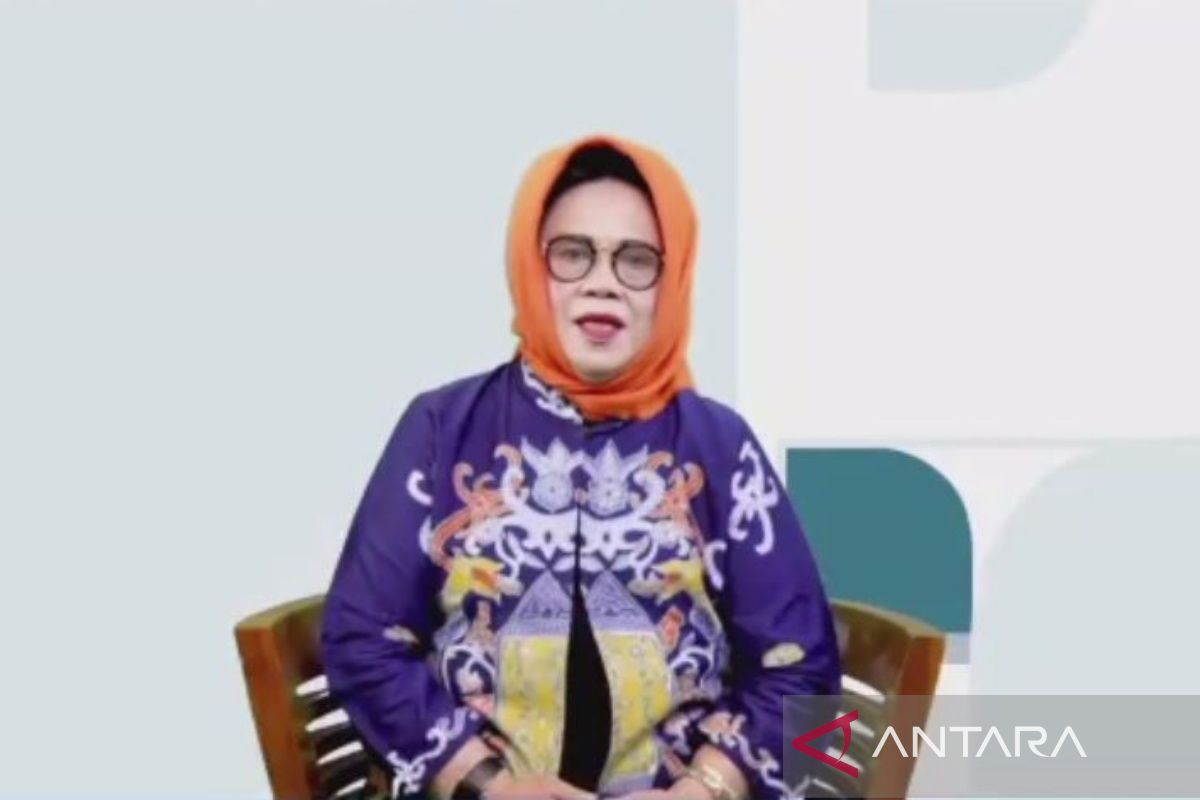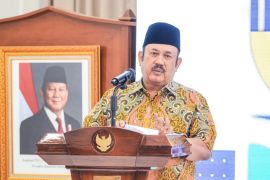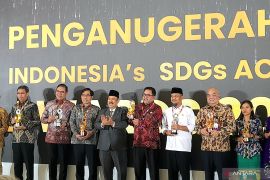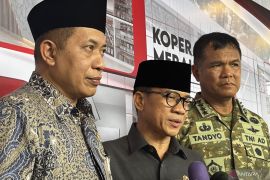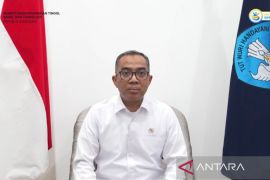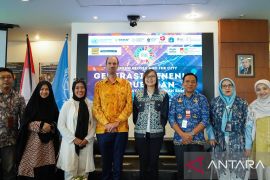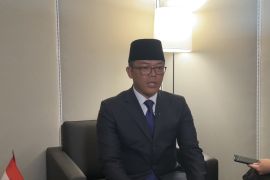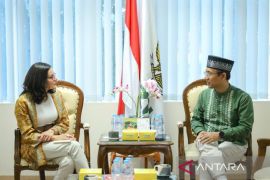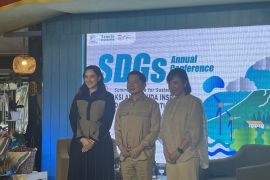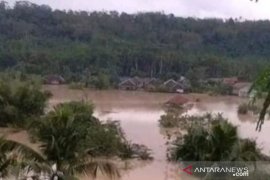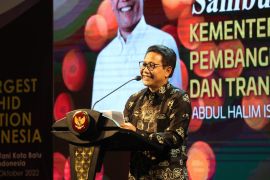Environmental preservation is deemed important since environmental degradation will cause various issues, including climate change, which is the biggest threat for mankind, she remarked.
"Almost all countries in the world do not deny that climate change is the biggest threat to human civilization," she stated during the "Plastic Waste Management in the Effort to Handle Climate Change" webinar, Tuesday.
"Theoretically, if the earth's temperature rises above two degrees Celsius due to greenhouse gases, then human life and civilization will perish," she pointed out.
Currently, we are already facing the issues of heatwave, pandemic, harvest failure, disaster, ocean ecosystem destruction, and the rising sea levels that start to drown shoreline areas and small islands, she stated.
"This is despite the fact that it has not reached above two degrees Celsius," she affirmed.
Climate change and global warming, as a result of the declining environmental quality, can also give rise to a new pandemic in future, she remarked.
"If we read the climate change theory, pandemics will continue to occur due to climate change and global warming that melt the ice at the poles," she noted.
"All bacteria and viruses from the ancient times (the ones stuck in the ice) will become active and emerge once again that cause new pandemics on the face of the earth," she remarked.
To this end, she stressed the importance of conducting various efforts to handle climate change through environmental preservation, such as through the 2030 SDGs.
Indonesia has a target to reduce more than 70 percent of plastic waste in the ocean and 100-percent proper waste management by 2025.
"Further vision is reducing greenhouse gas emissions. Indonesia has a new target and commitment of 29 percent to 31.89 percent and 41 percent to 43.5 percent with other parties' support in 2030," Monoarfa stated.
"For the waste sector, the target and commitment is raised from around 11 million tons of CO2 equivalent to around 40 million tons of CO2 equivalent by 2030 or almost four folds," she remarked.
To realize this target, the government encourages various upstream to downstream approaches.
These include extended producer responsibility (EPR) mechanism, public participation, improvement of the regional governments' capacity through technological interventions.
Related news: Government issues blue finance instrument development guideline
Related news: V20 releases communique on four values to address global challenges
Related news: Inadequate human resources, budget challenges to SDG data provision
Translator: Suci Nurhaliza, Fadhli Ruhman
Editor: Sri Haryati
Copyright © ANTARA 2022
